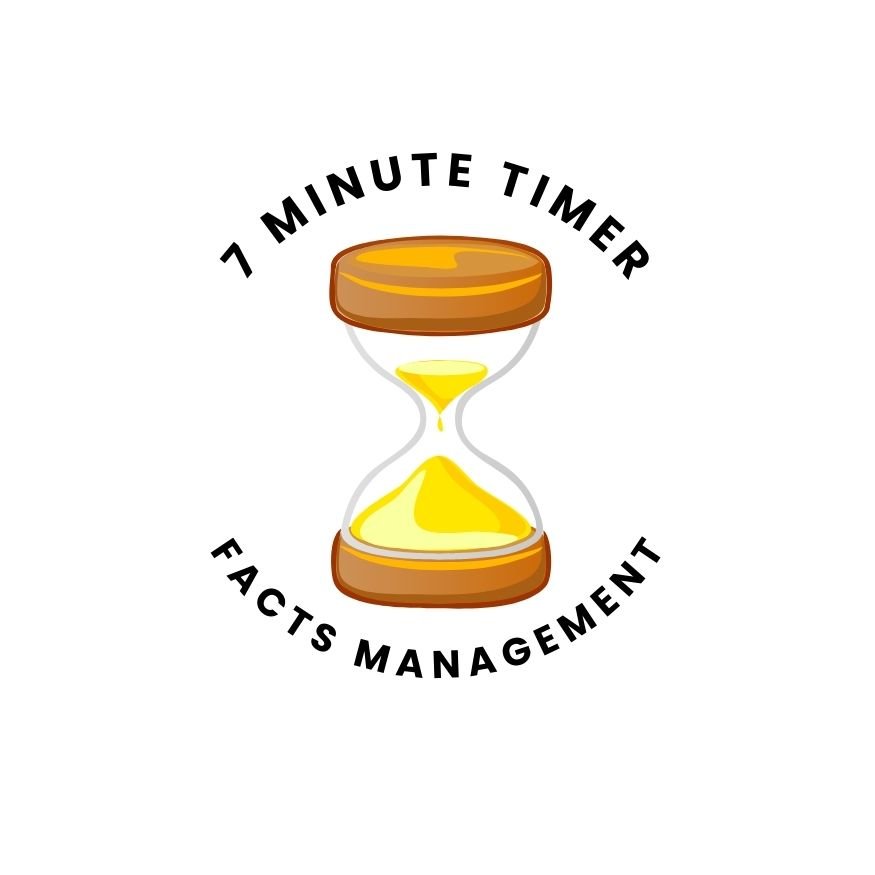What Can I Eat 7 Days After Tooth Extraction?
Having a tooth extraction can be a painful and uncomfortable experience. It is important to take proper care of your mouth to ensure a speedy recovery. One of the most common questions that people have after a tooth extraction is what they can eat during the recovery period. In this article, we will discuss the foods that you can safely consume seven days after a tooth extraction.
For more information, check out these articles:
For more resources, check out the following links:
Soft and Easy-to-Chew Foods
During the first week after a tooth extraction, it is crucial to stick to soft and easy-to-chew foods. These foods will be gentle on your healing gums and help prevent any further damage or irritation. Here are some examples of soft foods that you can enjoy:
- Yogurt: Opt for plain, unsweetened yogurt without any chunks or fruit pieces.
- Mashed Potatoes: Make sure they are smooth and not too hot.
- Scrambled Eggs: Cook them until they are soft and easy to chew.
- Smoothies: Blend fruits, vegetables, and yogurt for a nutritious and refreshing meal.
- Pureed Soups: Choose soups that do not contain any chunks or hard ingredients.
- Oatmeal: Cook it until it reaches a soft and creamy consistency.
- Applesauce: Opt for unsweetened applesauce without any added chunks.
- Pudding: Choose a smooth and creamy pudding without any hard pieces.
Remember to avoid using a straw when consuming liquids, as the suction can dislodge blood clots and delay the healing process.
Protein-Rich Foods
Protein is an essential nutrient that aids in the healing process. Incorporating protein-rich foods into your diet can help speed up recovery after a tooth extraction. Here are some examples of protein-rich foods that you can include in your meals:
- Skinless Chicken or Turkey: Cooked until tender and easy to chew.
- Fish: Opt for soft, flaky fish like salmon or tilapia.
- Soft Tofu: Blend it into smoothies or mash it for added protein.
- Beans and Lentils: Cooked until they are soft and easily mashed.
- Greek Yogurt: Choose plain, unsweetened yogurt for a protein-packed snack.
- Cottage Cheese: Opt for a smooth and creamy variety without any added chunks.
Protein-rich foods not only promote healing but also help to keep you feeling full and satisfied throughout the day.
Fruits and Vegetables
While it is important to avoid hard and crunchy fruits and vegetables immediately after a tooth extraction, you can gradually introduce softer varieties into your diet after the first week. Here are some examples of fruits and vegetables that you can enjoy:
- Avocado: Mash it up and spread it on soft bread or crackers.
- Bananas: Slice them into small pieces for easy chewing.
- Steamed Vegetables: Cook them until they are soft and easy to chew.
- Cooked Apples: Peel and cook them until they are soft and tender.
- Blended Smoothies: Mix soft fruits and vegetables with yogurt for a nutritious drink.
Remember to avoid any fruits or vegetables that are hard, crunchy, or require excessive chewing, as they can cause discomfort and hinder the healing process.
Hydration is Key
During the recovery period, it is crucial to stay hydrated to promote healing and prevent any complications. While water is the best choice for hydration, you can also enjoy other beverages that are not too hot or too cold. Here are some examples:
- Room Temperature Water
- Herbal Tea
- Fruit Infused Water
- Decaffeinated Coffee or Tea
- Vegetable Juice
Avoid consuming beverages that are too hot or too cold, as they can cause discomfort and sensitivity in the extraction area.
What to Avoid
While it is important to know what you can eat after a tooth extraction, it is equally important to know what to avoid. Here are some foods and habits that you should steer clear of during the recovery period:
- Hard and Crunchy Foods: Nuts, chips, and hard candies can cause further damage to your healing gums.
- Spicy Foods: Spicy foods can irritate the extraction site and delay the healing process.
- Alcohol: Alcohol can interfere with the healing process and increase the risk of complications.
- Smoking: Smoking can delay the healing process and increase the risk of infection.
- Carbonated Drinks: The carbonation can dislodge blood clots and hinder the healing process.
It is important to follow your dentist’s instructions and avoid any foods or habits that may interfere with the healing process.
Conclusion
Knowing what to eat after a tooth extraction can help ensure a smooth and speedy recovery. Stick to soft and easy-to-chew foods during the first week, and gradually introduce other foods as your healing progresses. Remember to stay hydrated and avoid any foods or habits that may cause further discomfort or delay the healing process. If you have any concerns or questions, consult with your dentist for personalized advice.




